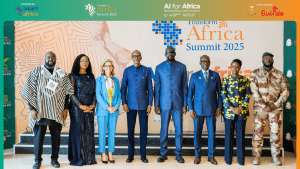Iraq delays vote on legislation for Iran-backed forces

Out of fear of a reaction by the US, Iraq’s ruling Shi’ite alliance has delayed a vote to potentially pass legislation which would provide the Iran-backed Popular Mobilization Forces (PMF) with extensive institutional authority, Asharq Al-Awsat reported on August 28th.
The draft law would have granted the PMF the status of a parallel entity to the Iraqi defense ministry. The PMF consists of more than 200,000 armed fighters within mostly Shi’ite armed groups.
The draft law would have provided the PMF with independent funding and a military school. It was highly criticised for including a “doctrinal guidance directorate” as some feared this would lead to sectarian ideology being implanted in soldiers.
The decision to suspend efforts to pass the legislation has emerged out of fear of tarnishing relationships with Washington and a need to buy some time whilst the standoff over Hezbollah’s weapons in Lebanon becomes more evident.
The PMF has consistently been defended by Iran’s Supreme Leader Ali Khamenei and senior security officials. Although, within the Shi’ite “Coordination Framework” coalition that dominates the government, tensions have surfaced over the law.
Whilst some officials pushed for a vote to be made over the law, others were worried the US would retaliate with sanctions or even military actions – Parliament Speaker Mahmoud al-Mashhadani even voiced fears of a potential US invasion if the law passed.
The US believes that if the law passes it could strengthen Iran’s hand in Iraq and destabilise Iraq’s constitutional order.
Concerns over how Washington may respond might stem from pre-existing fears that Iraq’s oil sector may be sanctioned due to allegations that Iran has been smuggling oil via Iraq.
The coalition has come to explore assimilating PMF command positions into governmental structures without needing a parliamentary vote – a compromise some consider to be mostly superficial.
Prime Minister Mohammed Shia al-Sudani worries about supporting just that – believing the US would still retaliate. He is especially concerned with what that may mean for the impending election in November.
As it currently stands, the coalition has decided to delay the vote until a decision over disarming Hezbollah has been made.
Asharq Al-Awsat, Maghrebi.org
Want to chase the pulse of North Africa?
Subscribe to receive our FREE weekly PDF magazine













